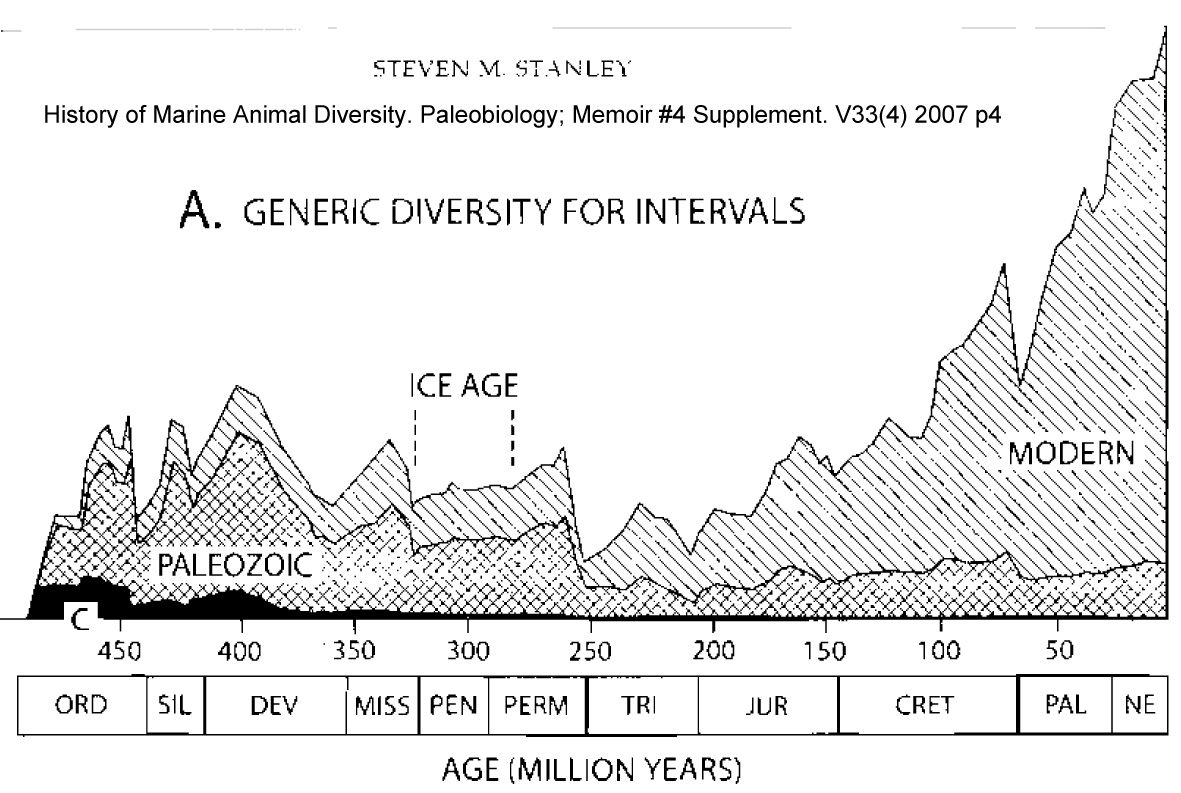re: WNYC’s “Tell Me More” 9/22/08
Michel,
I don’t think you, or anyone else, is getting a good picture of what happened, why, or what effect it will have. I’m not a mystic with secret answers, but a systems scientist who has been studying this kind of collapse in natural systems for 30 years. It’s an odd sort of science, that’s unpopular with most scientists.
Most scientists like to study how things are controlled and this needs to be studied for how things go out of control. It’s a different thing. In my physics research I just happened to get interested in how every experiment always misbehaved a little.
That the things that act independently also include all of the behaviors that we see in life, that science has been unable to understand at all, became one of my main interests too. What we’re seeing in the financial world is the end of the era of “borrow and spend”, our “charge it” approach to everything.
For two hundred years the future always had unexpectedly large surpluses (growth bonuses) and everyone got used to it, and made the mistake of “banking on it”. The actual collapse we observed is mostly being described in the press in terms of the personalities that we want to abuse with stereotypes.
That doesn’t describe what happened at all. I think what happened did indeed include people taking rapidly increasing and unjustified risks, but at the end. That appears to have happened *after* the whole financial system got into a jam, following the historical example and promising earnings the future would provide, that didn’t materialize.
The jam seemed to basically be that institutions needed to keep lending themselves ever more money to keep solvent. I am fairly sure it would have happened one way or another regardless of whether it was bad home mortgages specifically that everyone now says ‘pricked the bubble’.
The system had to have lost it’s resiliency for that to have mattered at all. Where we’re headed in general terms is that everyone, government, business, the public, are going to become more self-reliant, out of necessity.
That’ll be a huge change, but I doubt anyone will quite see it for real until there are other “feet to fall” to shock us into the end of our long wasteful and unsustainable habits. The underlying problem, that only people who study how things go out of control would notice it seems, is that our financial system needs to grow faster and faster to stay solvent.
The economy did that for 200 years so we expected it would do it forever. So, when the physical economy started underperforming and leveling off about 40 years ago the ways to keep the money system growing independently started to multiply.
There were consolidations, globalizations, real-estate inflation, fancy footwork, etc. etc. The fact that looking far and wide for things for money to inflate was running out of options was not generally noticed by people.
That process of meeting natural resistance to economic growth is called “diminishing returns on investment”. When you ask the question you can find the evidence of it all over. So that’s a kind of a sweeping snap shot. Money multiplies, earth doesn’t. Now it’s time to take care of our own business again!
I’m not sure if you can talk about this on air, though someone absolutely should. It’s the hidden real story, but is going to upset a lot of people.
 It shows two main periods, 250 million years of irregularly steady diversity of primitive animal life, a sharp dip and then 250 million years of exploding diversity of modern animal life… which we in our stupidity are putting a great big dent in!
It shows two main periods, 250 million years of irregularly steady diversity of primitive animal life, a sharp dip and then 250 million years of exploding diversity of modern animal life… which we in our stupidity are putting a great big dent in!